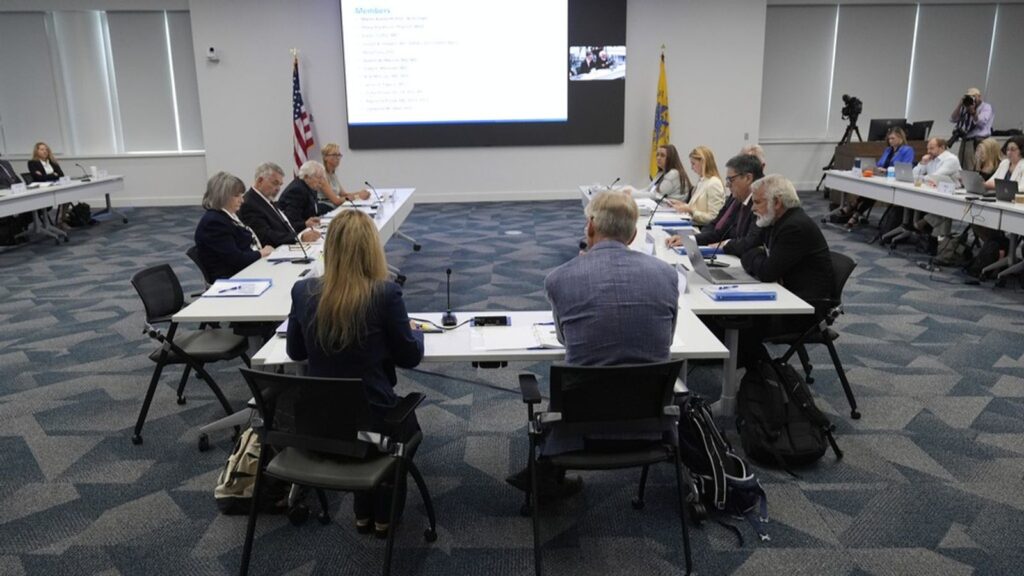The Advisory Committee on Immunization Practices (ACIP), recently overseen by Health Secretary Robert F. Kennedy Jr., concluded a two-day meeting where significant restrictions on COVID-19 vaccine access were voted in, alongside delays in critical childhood vaccinations. Once a respected scientific body, the ACIP now promotes ideology over scientific inquiry, with its roster including individuals known for spreading anti-vaccine disinformation.
Key decisions included abandoning universal COVID-19 vaccine recommendations, now suggesting vaccination only for adults over 65, while younger individuals are urged to seek personal assessments regarding vaccination. This shift threatens wider access to vaccines, particularly for those on Medicaid and Medicare.
The committee’s revisions to childhood immunizations, like separating the MMRV vaccine for children under four, are expected to decrease vaccine uptake and leave vulnerable populations at risk of preventable diseases. Although they postponed a vote to delay the hepatitis B vaccine for newborns under pressure, this change could have severe implications for infant health.
The meeting was marked by a noticeable dismissal of expert input, with recent appointees espousing debunked theories regarding vaccines and employing anti-scientific tactics. Renowned health organizations consistently endorse the safety and efficacy of vaccines, contrasting sharply with the rhetoric used by the current ACIP.
The committee’s actions, driven by ideology rather than evidence, are seen as a potential threat to public health, particularly impacting low-income families who rely on accessible immunizations. The shift represents a dangerous departure from historically established health policies aimed at preventing disease outbreaks.



